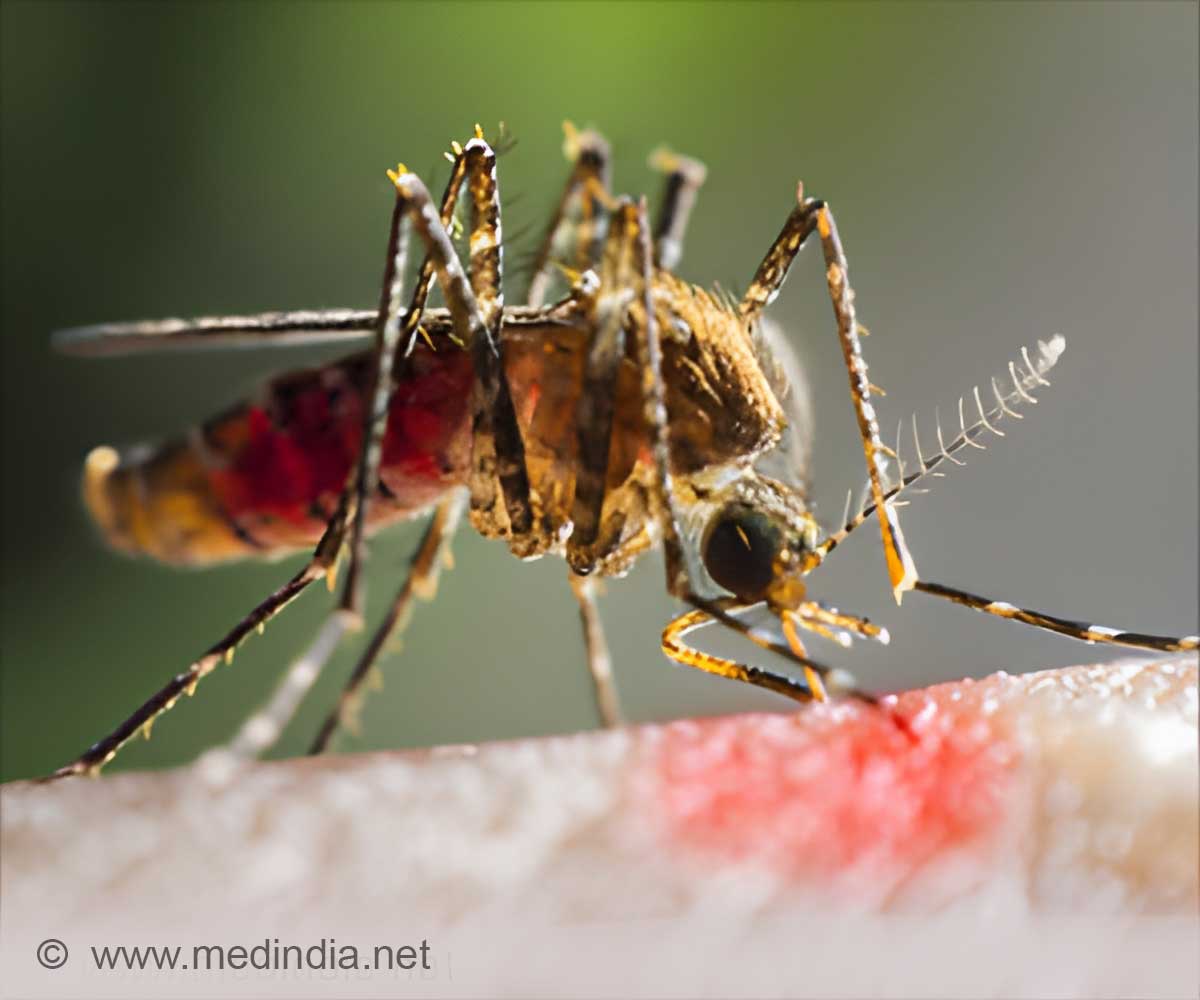Canadian blood agencies announced that a temporary restriction on blood donations aimed at keeping the Zika virus out of the nation's blood supply.

‘Anyone who has traveled outside of Canada will be ineligible to give blood for three weeks upon their return to mitigate the risk of the Zika virus.’





Hema-Quebec, which is responsible for blood services in the French-speaking province of Quebec, put a similar measure in place. The 21-day waiting period also applies to cord blood and stem cell donors who have traveled to affected areas.
"The risk of a Canadian donor transmitting the Zika virus to a blood recipient is very low," Canadian Blood Services said, although one case has been reported in Brazil. A case of transmission through sexual intercourse was also reported in the US state of Texas.
"The mosquito that carries the virus does not live in Canada due to our colder climate (and) there have been very few reported cases of Zika virus infection in travelers who acquired the virus abroad," it noted.
The mosquito-borne Zika virus has spread to 26 countries in South and Central America and the Caribbean. It holds little danger for most people but has been linked to a surge in cases of microcephaly, a condition which causes babies to develop abnormally small heads, leading to permanent disability or death.
Advertisement
Advertisement













